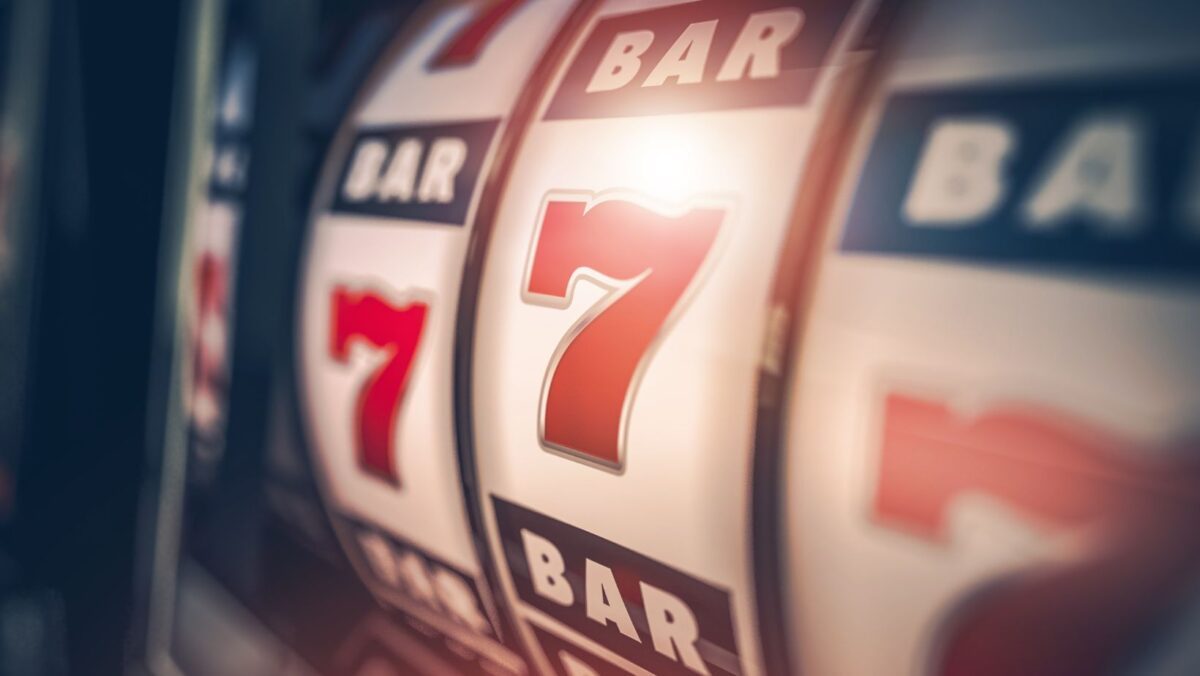1. Introduction
Сlot machines – from blinking physical terminals in noisy casinos to sleek interfaces on mobile apps – have become an inseparable part of global entertainment. These games promise thrill, quick wins, and the deceptive simplicity of “just one more spin.”
But here’s the catch: what starts as harmless fun can morph into a compulsive habit. Every year, millions face consequences of unchecked gambling behavior. While poker or roulette might demand skill or strategy, slots often rely on chance and psychological traps.
With the rise of mobile apps and platforms like SpinBetter Philippines, access to online slot games has become seamless. And as accessibility increases, so does the risk of addiction.
This article explores the hidden mechanics of slot game addiction, helping identify early signs and offering tools to prevent a downward spiral.
2. Understanding Slot Game Addiction
Slot game addiction is a form of behavioral disorder, clinically recognized under the broader term “gambling disorder.” It’s marked by an uncontrollable urge to continue playing despite mounting losses and negative life consequences.
Why Are Slots So Addictive?
| Factor | Description |
| Variable Rewards | Random wins keep the brain hooked, similar to social media “likes.” |
| Fast Pace | Results appear in seconds, encouraging rapid repeat plays. |
| Near-Miss Effect | Losing by a little feels like “almost winning,” fueling continued attempts. |
| Sensory Triggers | Lights, sounds, and animations simulate excitement and success. |
Unlike strategy-based games, slot machines exploit randomness. This unpredictability can mimic the excitement of real achievements, making it even harder to quit.
3. Common Signs of Slot Game Addiction
Identifying addiction early can prevent emotional and financial devastation. Watch out for the following red flags:
3.1 Behavioral Signs
- Playing longer than planned.
- Lying about gambling time or habits.
- Skipping work, school, or family duties to play.
3.2 Emotional Signs
- Mood swings when unable to access games.
- Feeling anxious or irritable between sessions.
- Depression after losses or during forced breaks.
3.3 Financial Signs
- Spending savings or borrowing to keep playing.
- Selling personal belongings to fund gambling.
- “Chasing losses” — increasing bets after losing money.
4. Risk Factors
Some individuals are more susceptible to developing slot game addiction. Key risk factors include:
| Risk Factor | Impact |
| Impulsivity | Struggle with self-control accelerates compulsive behavior. |
| Mental Health Issues | Depression and anxiety often coexist with addictive behaviors. |
| Environmental Access | Easy online access increases exposure and temptation. |
| Family History | Genetic or behavioral traits may predispose individuals to addiction. |
5. Psychological Mechanisms Behind the Addiction
Slot games hijack the brain’s reward system.
- Dopamine Rush: Every spin triggers small dopamine releases, reinforcing the habit.
- Illusion of Control: Players feel they influence the outcome, even when it’s purely random.
- Sensory Overload: Slot design uses color, motion, and sound to evoke excitement and delay fatigue.
It’s not just entertainment. It’s engineered compulsion.
6. Consequences of Slot Game Addiction
Unchecked slot game addiction can wreck multiple areas of life:
- Financial Ruin: Depleted savings, debt accumulation, even bankruptcy.
- Broken Relationships: Lies, neglect, and mistrust strain families and partnerships.
- Career or Academic Damage: Missed deadlines, poor performance, or job loss.
- Mental Health Collapse: Anxiety, depression, and in extreme cases — suicidal thoughts.
7. Prevention Strategies
Recognizing the risk is only the first step. Prevention is a continuous process:
7.1 Personal Strategies
- Set strict time and money limits before playing.
- Avoid using gambling as an escape from stress or sadness.

- Practice mindfulness and regularly assess your behavior.
7.2 Family and Community Support
- Talk openly with loved ones about gambling habits.
- Educate teenagers and young adults about digital gambling risks.
- Monitor behavior in shared digital devices and platforms.
7.3 Tools and Technology
| Tool | Purpose |
| Self-Exclusion Programs | Temporarily blocks access to gambling sites. |
| Blocking Software | Prevents slot apps/sites from loading. |
| Usage Trackers | Alerts players about time or money spent. |
8. When and How to Seek Help
Slot addiction is not a character flaw — it’s a psychological condition. Seeking help is a sign of strength.
Treatment Options:
- Cognitive Behavioral Therapy (CBT): Helps rewire unhealthy thought patterns.
- Gamblers Anonymous: Peer-led meetings offering support and accountability.
- Helplines and Apps: Confidential help is one click or call away.
| Resource | Contact / Info |
| GamCare | www.gamcare.org.uk |
| Gambling Therapy App | Free download for global support |
| Philippines Helpline | Call 155 or consult a licensed psychologist nearby |
9. Conclusion
Slot game addiction often starts quietly. A few harmless spins, a couple of lucky wins — and suddenly, it’s hard to stop.
This article unpacked:
- How addiction works,
- What signs to look for,
- Who’s at risk,
- And how to regain control.
Stay aware. Set boundaries. Share your concerns. Recovery is always possible — and help is closer than it seems.

